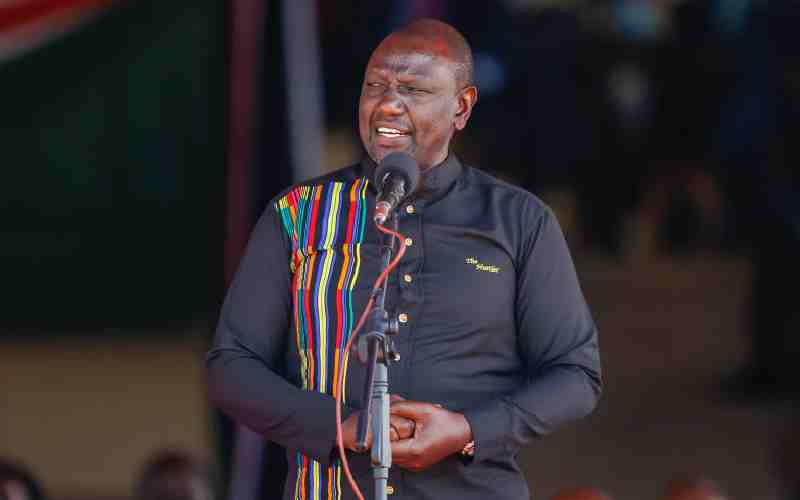×
The Standard e-Paper
Kenya’s Boldest Voice

From the meek newbie in a cream suit who stood by as Uhuru Kenyatta conceded defeat in 2002 to the bullish man who is swimming against the tide in an attempt to become Kenya’s president, William Ruto has come a long way.
For 24 years now, Ruto has dazzled the political scene with twists and turns, starting out in government in 1997, to the Opposition in 2003 and back in government in 2008 to the current position of Deputy President.